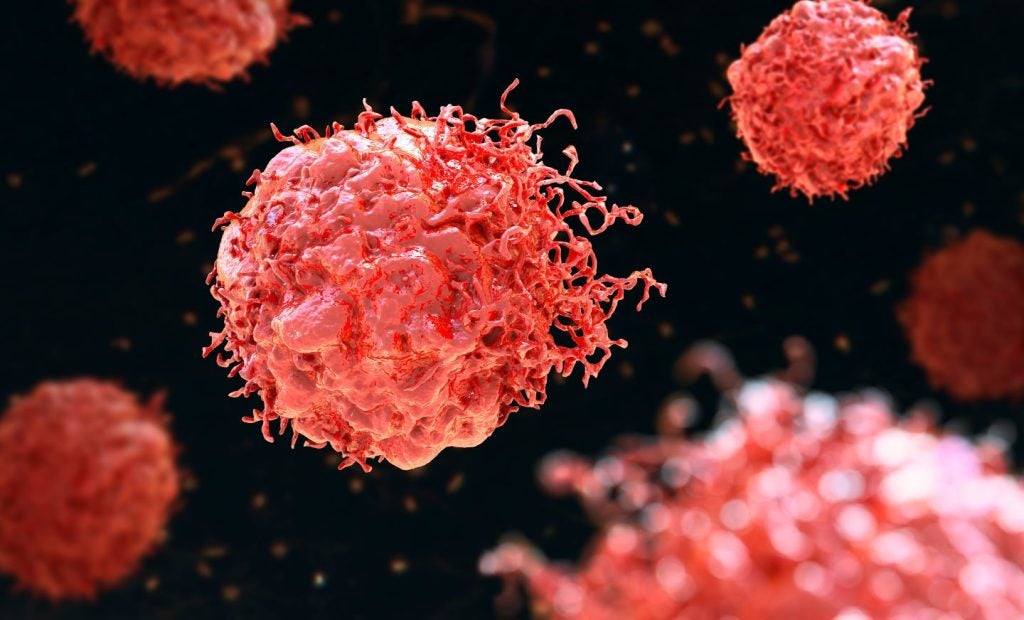US-based Apexigen has partnered with Yale Cancer Center to conduct a Phase I/II clinical trial of its APX005M candidate in conjunction with cabiralizumab and Opdivo to treat advanced solid tumours.
Opdivo and cabiralizumab will be supplied by Bristol-Myers Squibb (BMS), which will also sponsor the clinical study.
In alliance with Five Prime Therapeutics, BMS is developing cabiralizumab as an antibody to block colony stimulating factor-1 receptor (CSF1R) and reduce immunosuppressive tumour-associated macrophages (TAMs).
APX005M is an investigational drug designed to trigger the CD40 immune co-stimulatory receptor, which is required to regulate the activation of innate and adaptive immune responses against cancer.
The Phase I/II trial will assess the safety, tolerability and preliminary activity of the combination therapy in metastatic non-small cell lung cancer (NSCLC), metastatic melanoma and renal cell carcinoma (RCC) patients who progressed on previous anti-PD-1/PD-L1 therapy.
Apexigen president and CEO Xiaodong Yang said: “There is an urgent need to find effective therapies for the growing number of patients who have not responded to checkpoint inhibitors.
How well do you really know your competitors?
Access the most comprehensive Company Profiles on the market, powered by GlobalData. Save hours of research. Gain competitive edge.

Thank you!
Your download email will arrive shortly
Not ready to buy yet? Download a free sample
We are confident about the unique quality of our Company Profiles. However, we want you to make the most beneficial decision for your business, so we offer a free sample that you can download by submitting the below form
By GlobalData“CD40 has a fundamental role in the activation of both innate and adaptive immunity, and we believe that CD40 activation by APX005M will become a key component of a number of promising new I-O therapeutic regimens for treating cancer patients.”
Researchers at Yale Cancer Center reported preclinical data indicating positive outcomes for the combination of CD40 activation and CSF-1R inhibition.
It was observed that the combination alters TAMs and activates T cells in tumours. This changes their microenvironment to elicit protective T cell responses in unresponsive tumours, as well as those that are not sensitive to immune checkpoint blockades.






